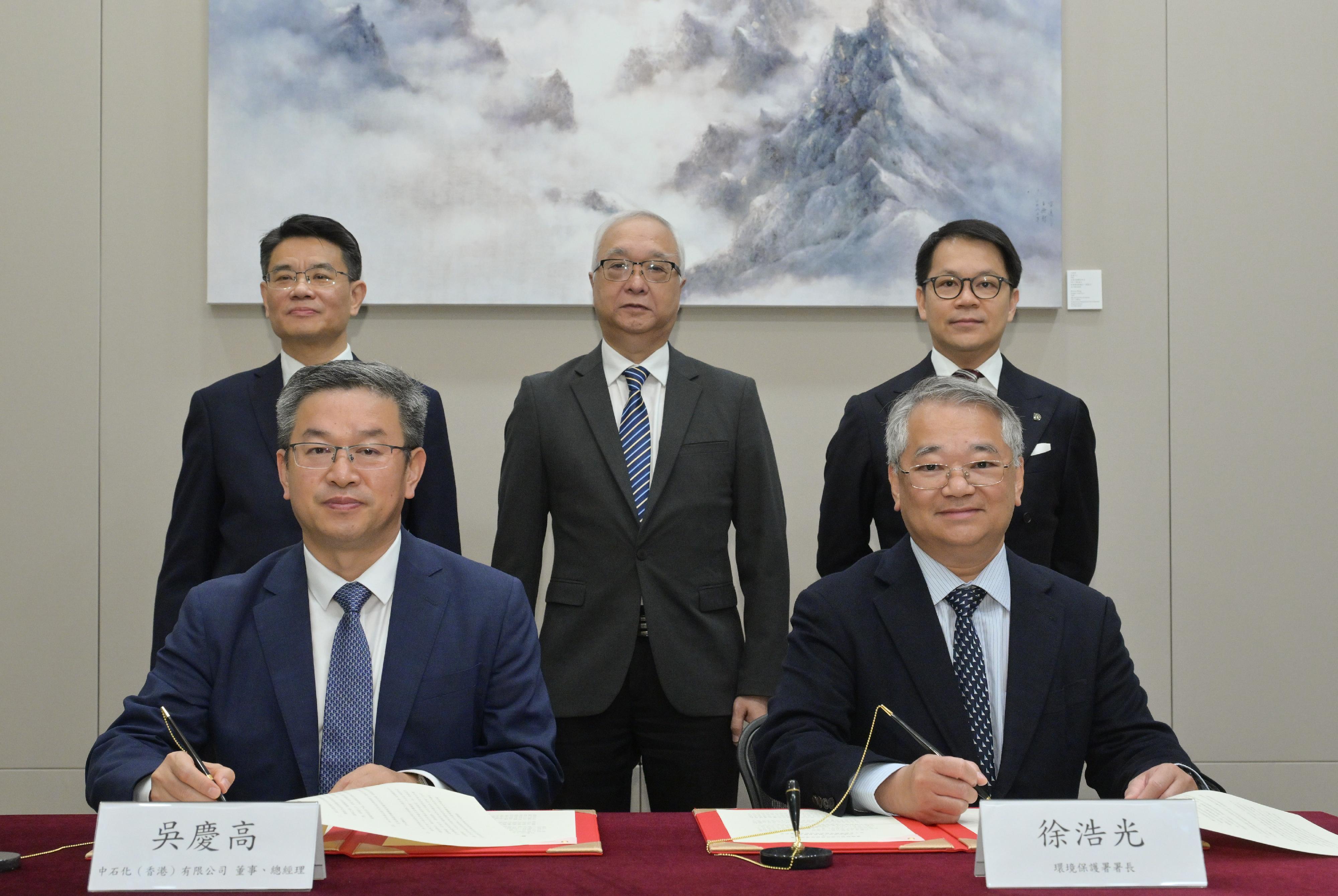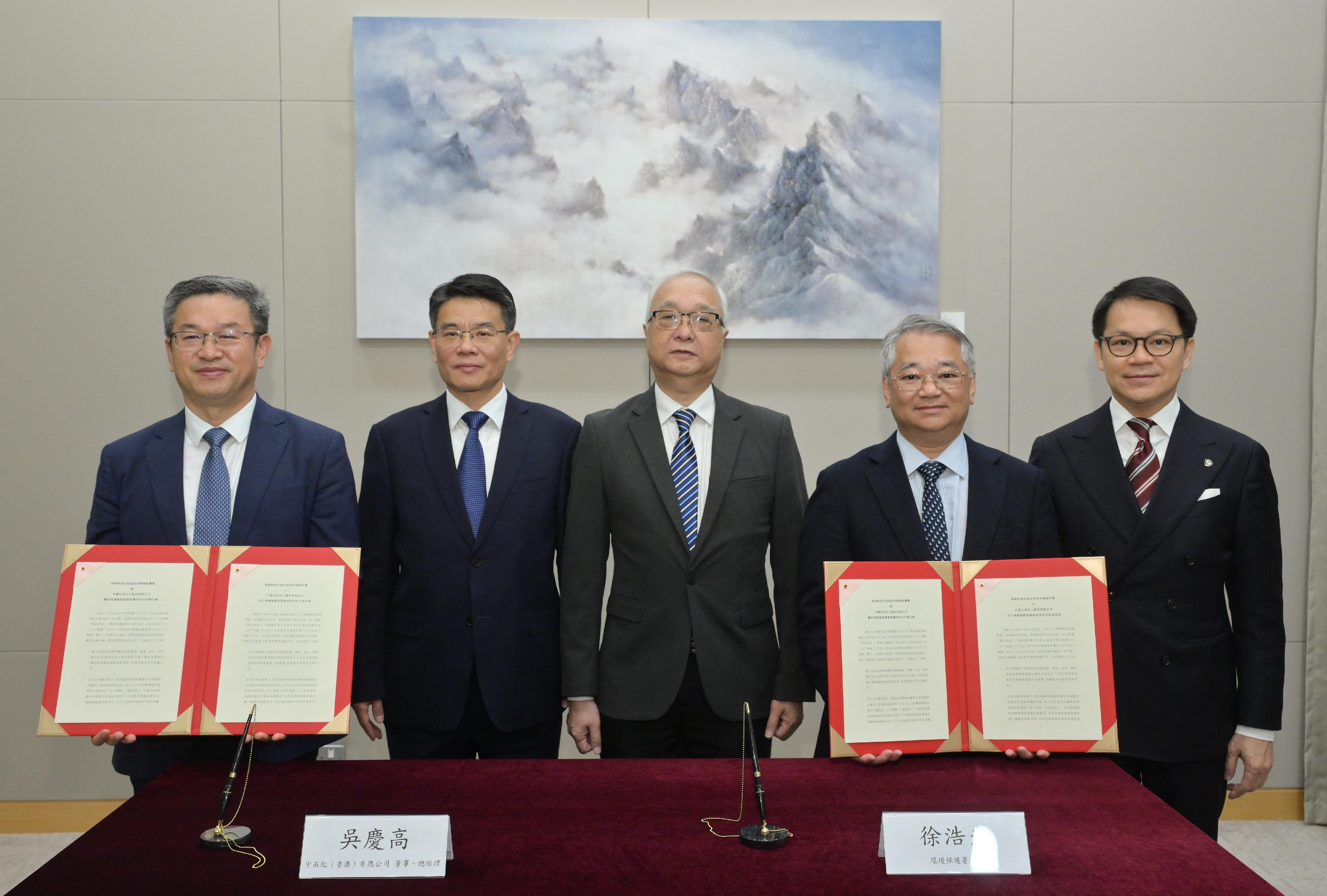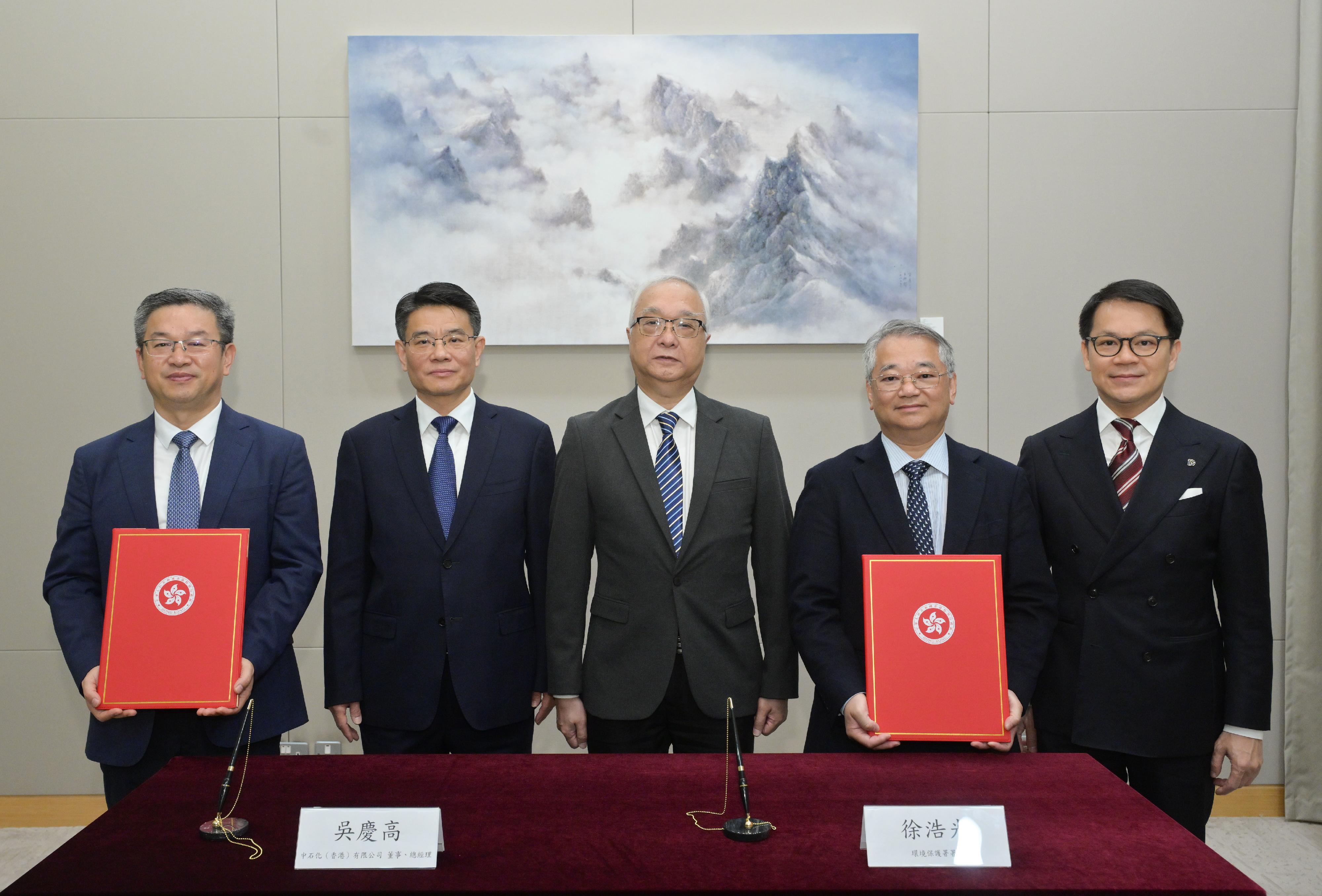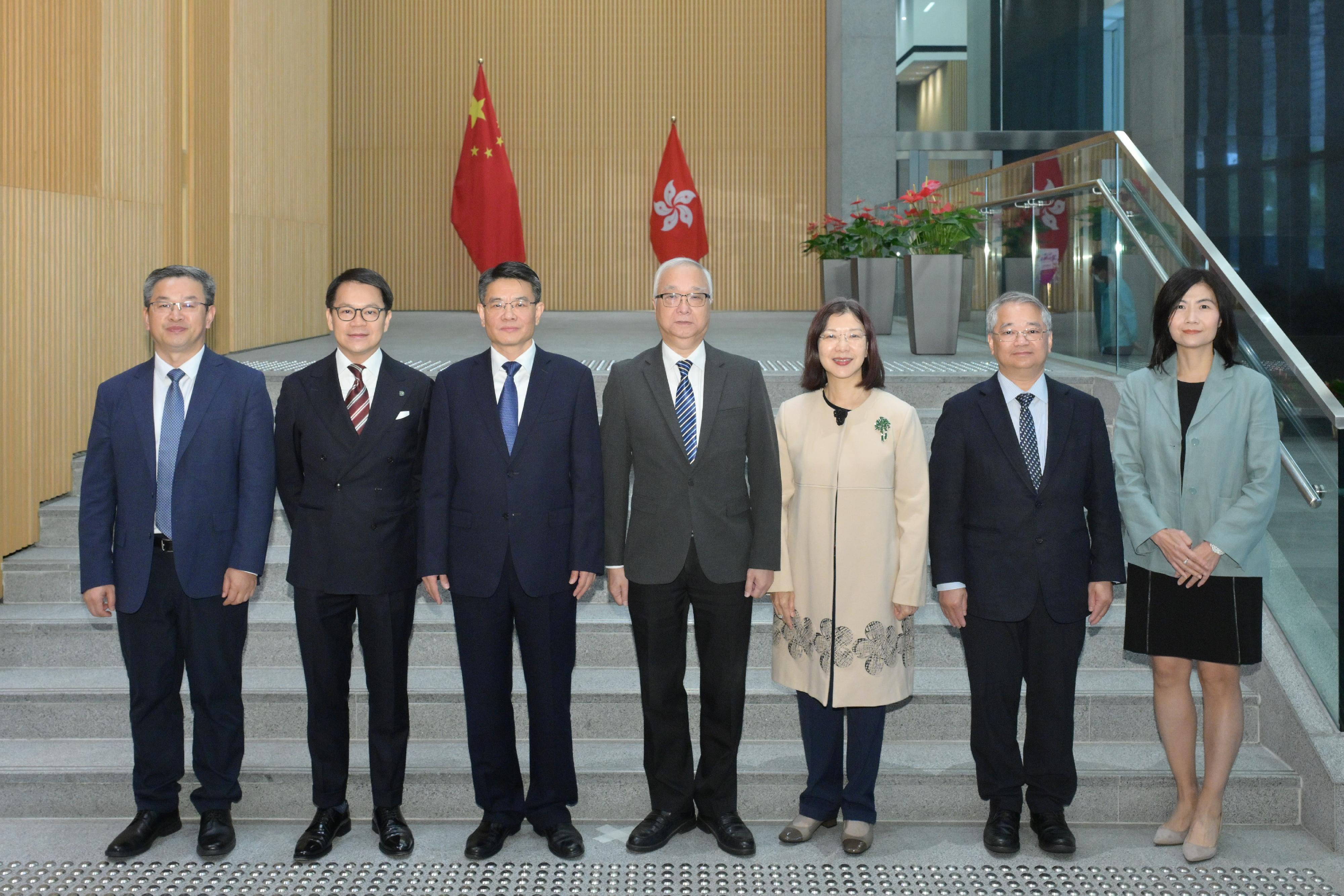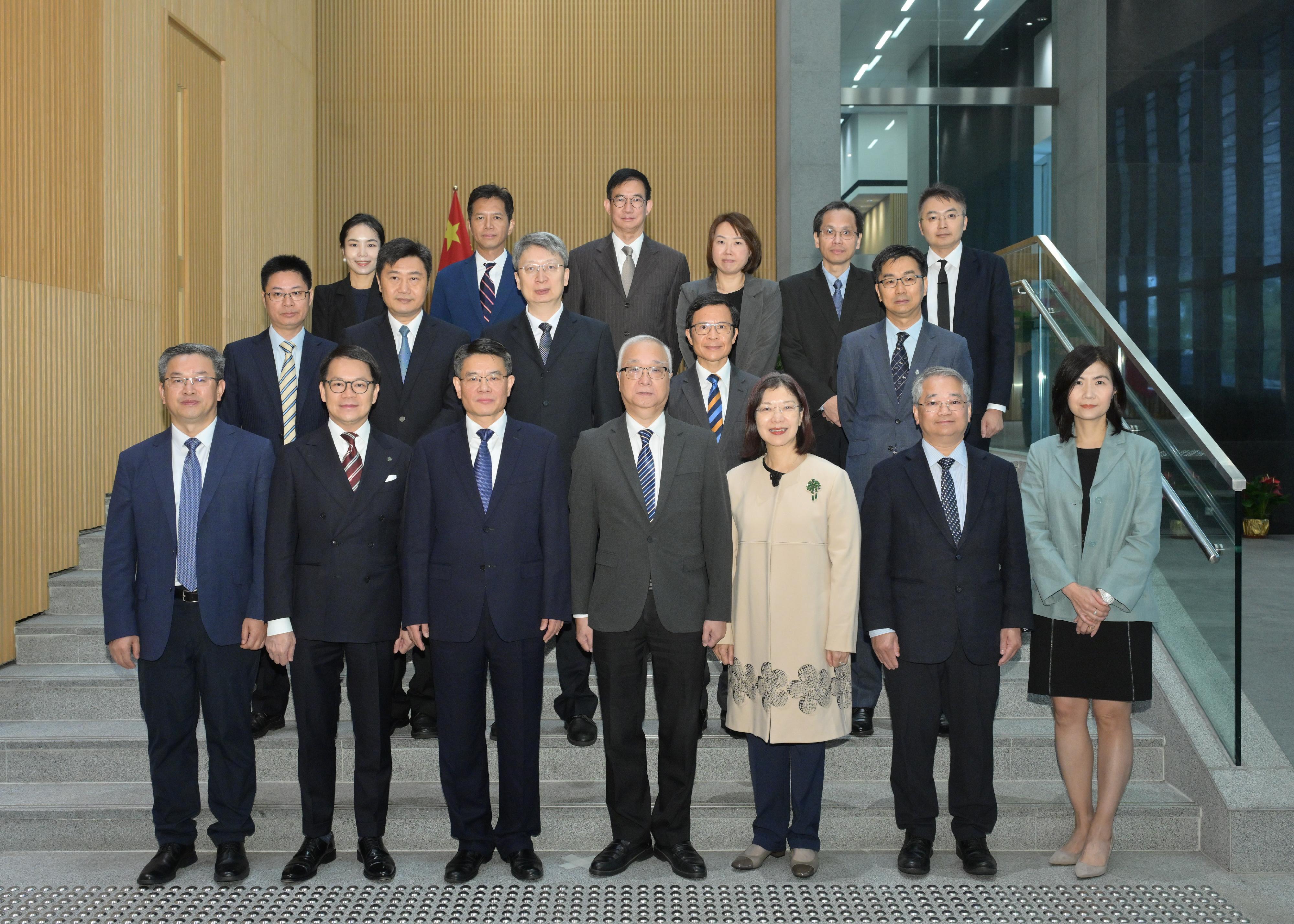The Associate Director-General of Investment Promotion at Invest Hong Kong (InvestHK) Mr Charles Ng, started his week-long duty visit to Australia today (November 25) to promote business opportunities in Hong Kong and development opportunities in the Guangdong-Hong Kong-Macao Greater Bay Area (GBA).
Mr Ng said, "Hong Kong is a 'super connector' and a 'super value-adder' with unique advantages as a springboard for foreign businesses to access Mainland China. We have world-class financial and professional services to structure and finance projects, mergers and acquisitions deals."
He added, "Hong Kong thrives on the free flow of information and capital, supported by a low and simple tax system. Our workforce is proficient in both Chinese and English, with extensive expertise in both Mainland Chinese and international business practices. Through these events and one-on-one meetings with potential clients, we will explain to Australian companies in greater detail how they can make good use of Hong Kong's advantages to tap into the GBA and the broader Mainland market."
The highlight of the visit are the three investment promotion seminars hosted by InvestHK and the Guangdong-Hong Kong-Macao Greater Bay Area Development Office on November 27 and 28 in Melbourne to jointly encourage Australian companies to tap into business opportunities in the GBA via Hong Kong. The three seminars will be co-organised with the Australian Trade and Logistics Corporation, the Australia China Business Council Victorian division, and the Hong Kong Australia Business Association (Victoria Chapter) respectively.
The Assistant Commissioner for the Development of the Guangdong-Hong Kong-Macao Greater Bay Area, Miss Cathy Li, will deliver keynote addresses at all three seminars to introduce to participating enterprises the latest developments of the GBA and the distinctive advantages and business opportunities of Hong Kong as the GBA's international entry point. The Acting Director of the Hong Kong Economic and Trade Office, Sydney, Mr Timothy Chau, will also join the events.
Mr Ng will deliver a keynote address aimed at encouraging Australian companies to leverage Hong Kong's strategic position as a gateway to establish and expand in the GBA during the three seminars. He will also join panel discussions with other speakers in the first two seminars to discuss practical ways for Australian companies to tap into GBA business opportunities via Hong Kong.
During the visit, Mr Ng will also meet with representatives from local chambers and potential clients from various sectors, providing them with updates on the latest business environment in Hong Kong. He will also meet with family offices to discuss their plans for setting up or expanding in Hong Kong.


